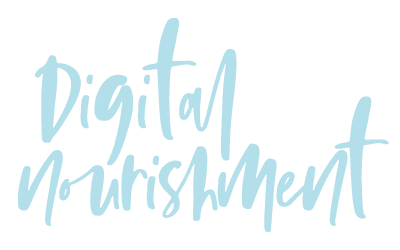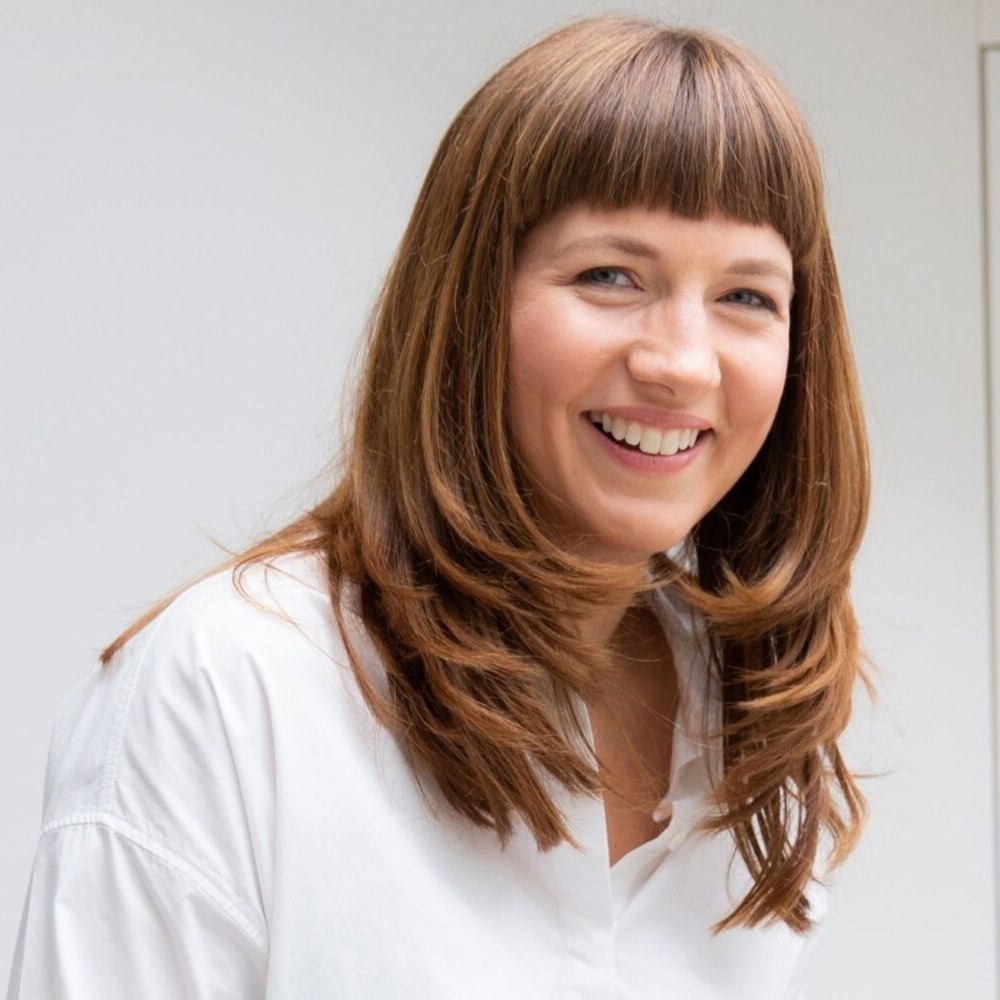Search Engine Optimisation (SEO) – one of the great mysteries of the modern world.
As a specialist in this subject I get asked a lot of questions on the subject from “what do the letters SEO actually stand for?” right through to “how can I source the best keywords in my niche?”. The broad range of these questions signifies to me that there is a fundamental miss-understanding of what SEO is and a belief that its very complicated and difficult to implement.
I will be the first person to say that SEO is time consuming and getting it right involves focus and commitment, equally it is something that everyone that has a website can understand and work towards improving themselves.
Here are the 10 most useful things I have learned about SEO
1. Search Engines work just like our own brains.
All of us do it – when we see a stranger in the street we make assumptions about their lifestyle. If I see a person who has tattoos, is wearing ripped jeans and has purple hair I will draw conclusions such as they like rock music or they work in a creative industry. I might be wrong, but you can see why I would think these things. This is EXACTLY how search engines work. They draw conclusions about our websites based on their design and content.
2. There is no “one thing” you can do to improve your websites SEO.
This point is often met with disappointment. There is no one single action we can take to improve SEO, just like the example I used in point 1, there isn’t one thing that people do or wear that make us drawn conclusions about them, its a number of things brought together for one common outcome.
3. SEO is relevant to every aspect of your website.
Search engines do not publish the criteria that they add to the algorithm’s that make the decisions about website ranking, this ensures we focus on creating good quality websites and content as opposed to just following the rules of SEO. Therefore you need to consider SEO in every aspect of your site, for
4. You must understand clearly what keywords are.
Keywords are the words that we type into search engines when we want to find things. If we want to buy glitter we type “glitter” into a search engine and lots of websites that are selling glitter come up. Glitter is a great keyword to use if you are a glitter manufacturer. Include keywords in the text of your website to tell search engines what your website is about and that will help it suggest you to people who want what you’ve got!
5. You can (and should) research your own keywords.
Because there is a lot of competition for certain keywords
To go back to my glitter analogy, you might sell “
6. Search engines do not decide the value of keywords, we do.
It’s a common misconception that search engines are the ones who control the value or popularity of keywords. Not true. We do. “The Rolling Stones” is a very popular and therefore valuable key phrase, if you wanted to knock rollingstones.com off the top of the search engine results you would need to go back to 1962 and start your own band with the same name and emulate Mick, Keith, Charlie and [insert guitarist here]’s success. Google hasn’t decided The Stones are popular, we have and we are showing it by typing “The Rolling Stones” into search engines millions of times a day.
7. Don’t repeat yourself.
Original and relevant content. Arguably the most important aspect of SEO and when search engines say “original” they really mean it. Search engines are bored easily and if they see the same thing twice or more they stop considering it to be relevant. If you write a guest blog for another site do not publish it on your’s, or if you need to write a
8. Some rules of SEO contradict each other.
The perfect website in terms of SEO doesn’t exist. One example of this is “keyword stuffing”. This is when we use too many keywords on a site or page. As a rule, using a keyword more than 3 or 4 times on an average web page is best avoided. However, when you consider that you need to use keywords in image titles, links and text and these words need to relate to each other it can become tricky to get the balance right and some of the things you might do to create balance may cause other SEO problems. This is just something we have to live with.
9. Build links.
SEO is somewhat a popularity contest and websites that are shared on other sites do well, it’s almost like a thumbs up to a search engine that if your site has been featured by another its “ok”. Get digitally social and share your website and feature others on yours.
10. Share your knowledge.
Blogging is great. R
I hope the information I have shared here is helpful!
Jo Hamlyn is a web designer, web developer and SEO specialist based in West London.
I
Facebook: https://www.facebook.com/discomountain1


